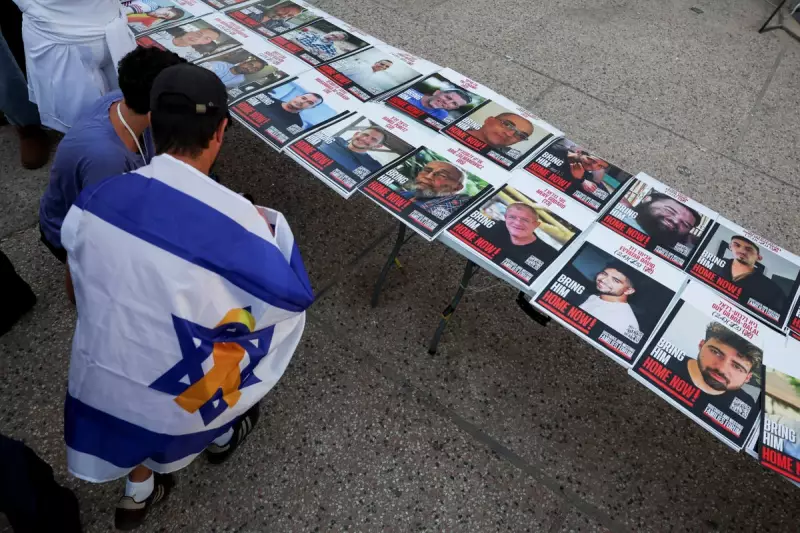
In a dramatic development that could mark a turning point in the ongoing conflict, Israel and Hamas have reached a landmark agreement for the release of hostages held in Gaza. The deal, brokered through intensive mediation by Qatar and the United States, promises to bring relief to families who have endured weeks of uncertainty.
The Breakthrough Agreement
The carefully negotiated arrangement involves a four-day pause in hostilities, during which Hamas will release 50 women and children among the approximately 240 hostages taken during their October 7th attacks. In return, Israel has agreed to free 150 Palestinian women and teenagers currently held in Israeli prisons.
Phased Implementation and Potential Extension
According to officials familiar with the negotiations, the exchange will be implemented in stages. The initial phase will see Hamas releasing 12 to 13 hostages daily throughout the four-day ceasefire period.
Notably, the agreement contains provisions for potential extension. For every additional 10 hostages released by Hamas, the ceasefire could be prolonged by another day, creating a mechanism for further diplomatic progress.
International Mediation Efforts
The breakthrough follows weeks of intense behind-the-scenes diplomacy, with Qatari mediators playing a crucial role in bridging the gap between the warring parties. US officials, including President Biden, have been actively involved in pushing for a resolution to the hostage crisis.
Humanitarian Considerations
The temporary truce is expected to allow for increased humanitarian aid to enter Gaza, where the population has been facing severe shortages of essential supplies including food, water, and medical resources.
Political Implications
This agreement represents the most significant diplomatic achievement since hostilities erupted last month. While both sides have maintained their broader military objectives, the deal demonstrates a willingness to engage in pragmatic solutions to address immediate humanitarian concerns.
The coming days will be critical in determining whether this temporary arrangement can evolve into a more lasting peace process, or whether it remains an isolated pause in an otherwise continuing conflict.





